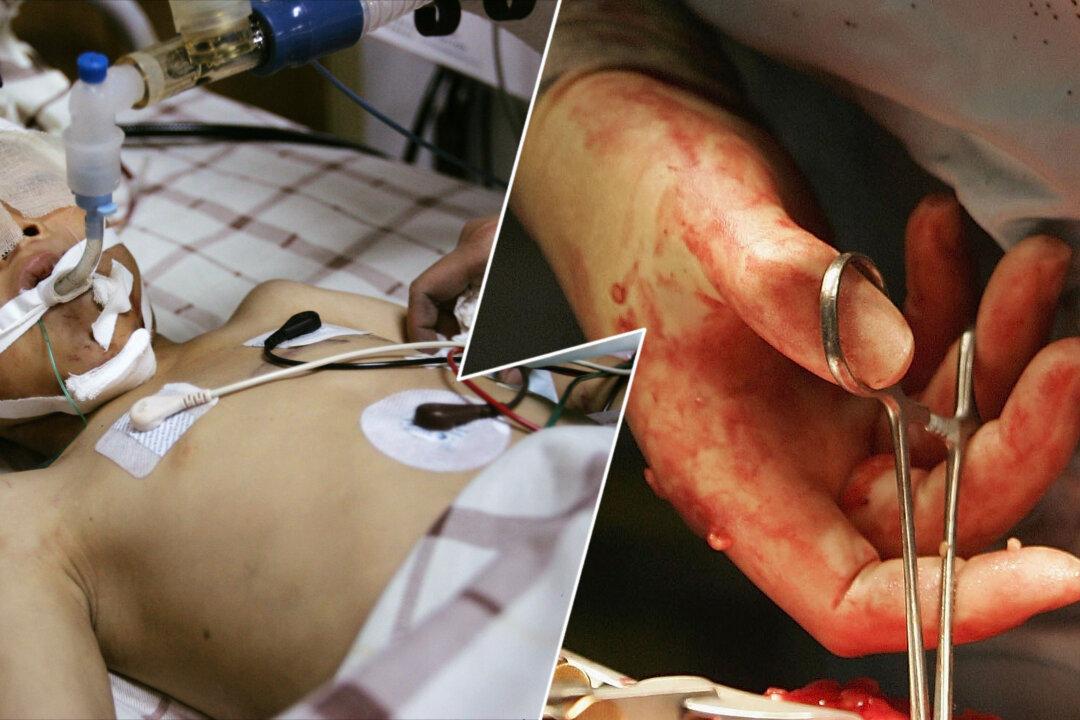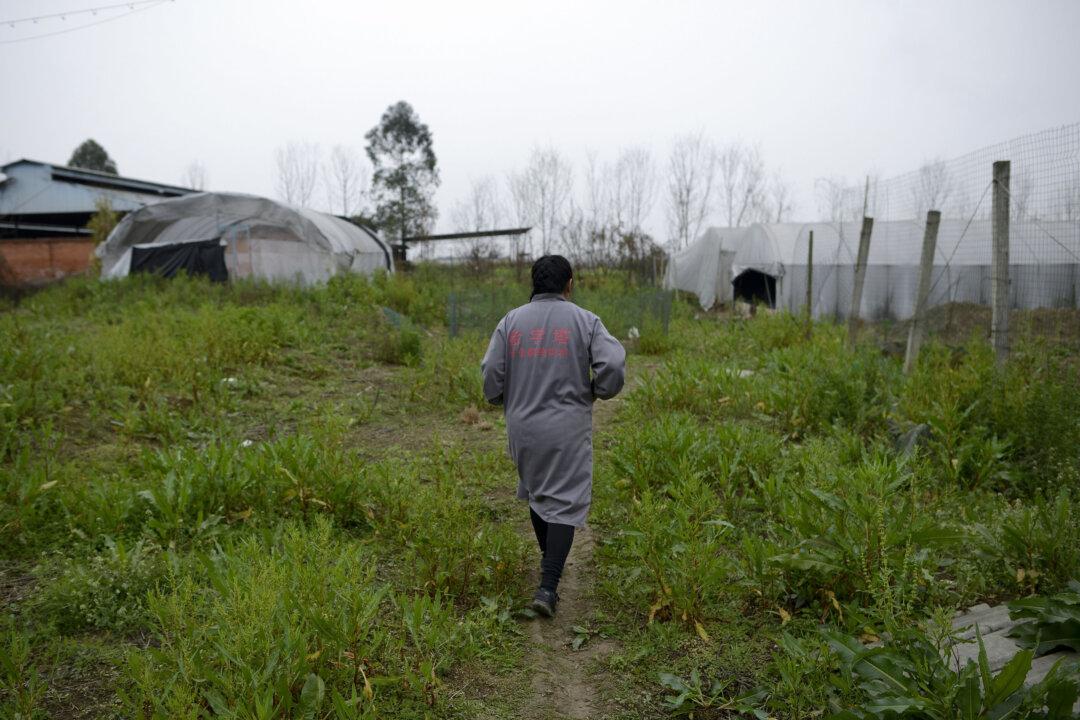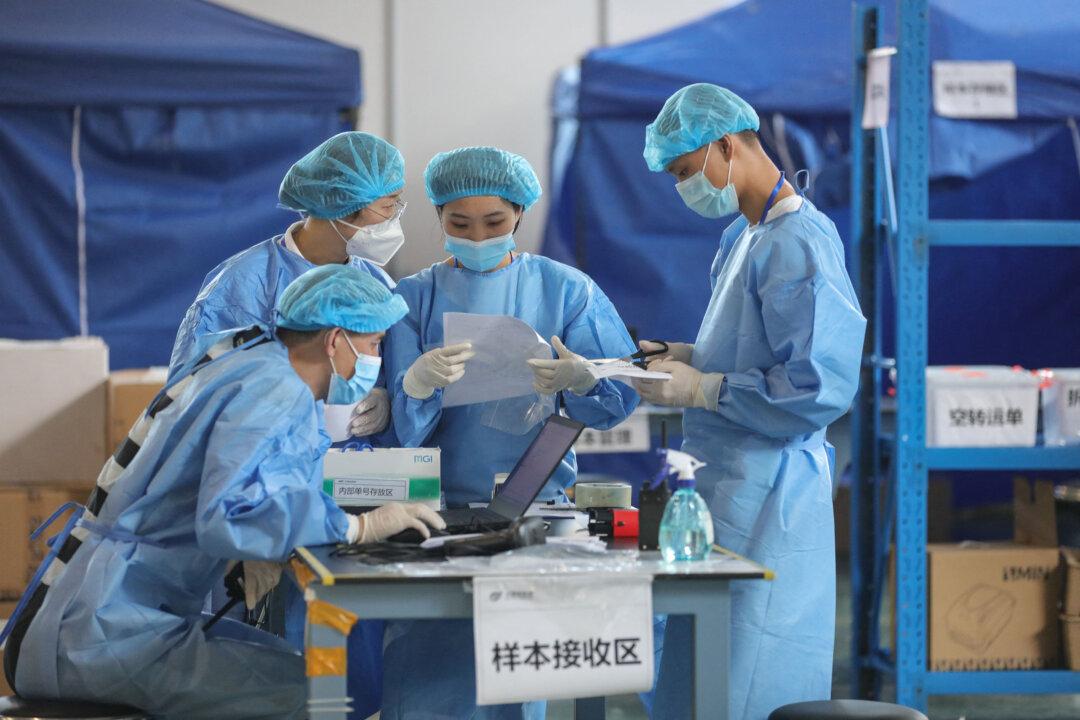It’s been said that the pain from the loss of a child is something no parent should ever have to suffer. However, one family’s loss is being potentially used to put a sympathetic face on a sinister industry.
Reports showed the sad last moments of an intubated 7-year-old boy laying in a hospital bed while his mother’s tears dripped from her face down onto his bed sheets.
The boy, named Wang Rui, passed away on the morning of June 13 in Qingdao City, sometimes called Tsingtao, Shandong Province, China, according to multiple mainland Chinese media reports. Wang suffered from glioma.
His liver, two kidneys, and two corneas of his eyes were transplanted to other individuals.
However, Chinese media outlets may have been directed by the Chinese regime to cast the country’s organ transplant practices in a positive light. Reports repeatedly emphasized that the child was an “angel,” and claimed that it was the boy’s wish to donate his organs, even though he may have been unconscious when the decision was made.
The Boy’s Death
Wang was diagnosed with glioma on Jan. 12, according to the Qingdao Morning News. He was hospitalized on the morning of June 3, suffering from headaches and vomiting. That night he lost consciousness.Doctors said that the tumor was inoperable because of where it developed in Wang’s body, according to the Qingdao Morning News. The Mayo Clinic suggests that glioma can generally be cured, though with different levels of difficulty.
Just before the boy passed away, the hospital in which he was staying held a ceremony with the Red Cross of Qingdao City. The “China Organ Transplantation Day” was held at The Affiliated Hospital of Qingdao University on June 11–this day falls on the same month that the “610” office was established 20 years ago. On June 10, 1999 the “610” office was created to persecute Falun Gong believers in China.
At the ceremony, the parents signed up to be donors, according to the Qingdao Morning News. The reports implied that Wang wanted to donate his organs, but he had lost consciousness about one week prior. “[Our] son decided to donate, we as a husband and wife want to do so as well,” Wang’s father allegedly told the Qingdao Morning News.
The Transplant Business
The Affiliated Hospital of Qingdao University, where Wang spent his last days, is one of the many hospitals which has secretly functioned as a forced organ harvesting center.The report says the hospital has 14 rooms just for transplant operations, and about 27 bed spaces. The hospital specializes in liver transplants. At the time of the report, the beds were said to be continuously occupied, and that roughly every one or two days, a new transplant surgery was performed.
The hospital is just one of many that operate as transplants centers for organs which have been forcefully taken from prisoners of conscience in China.





